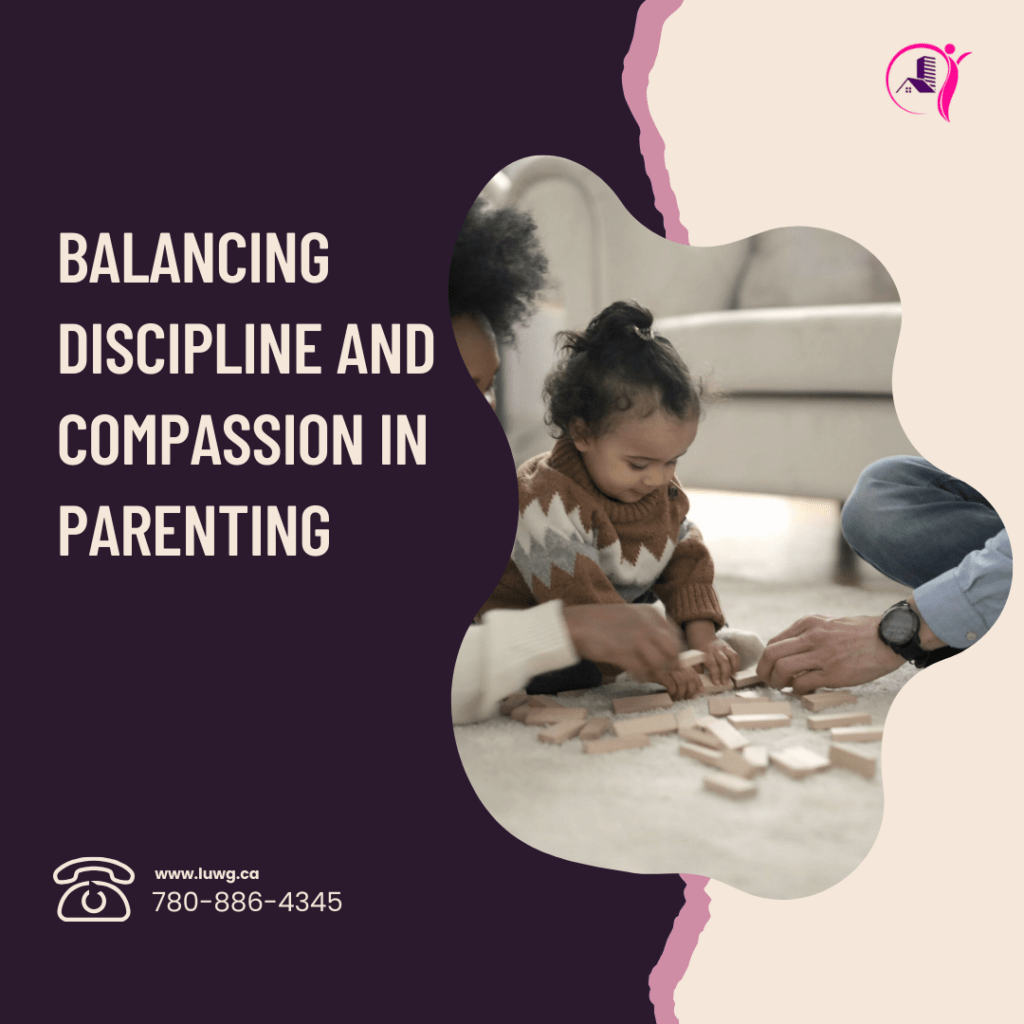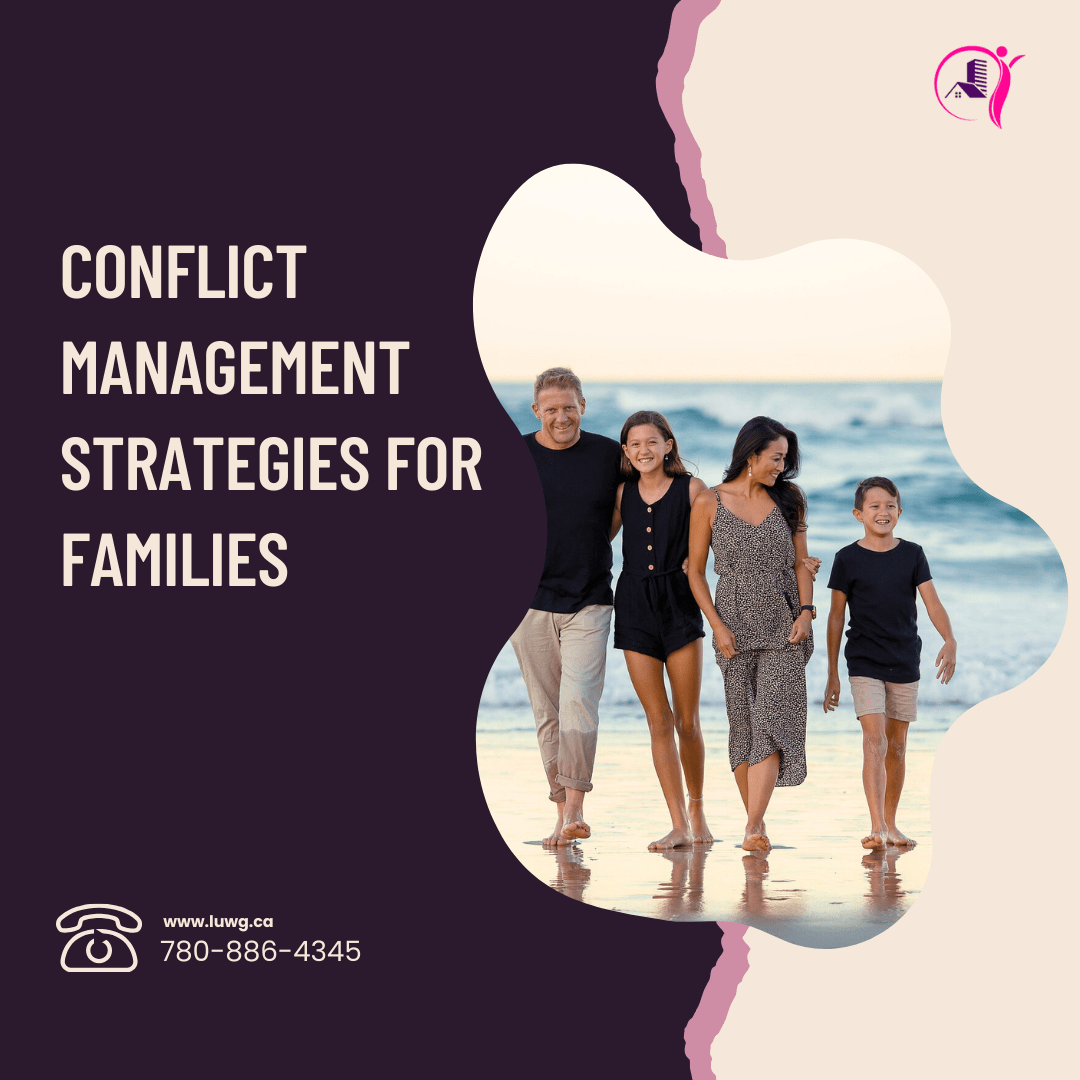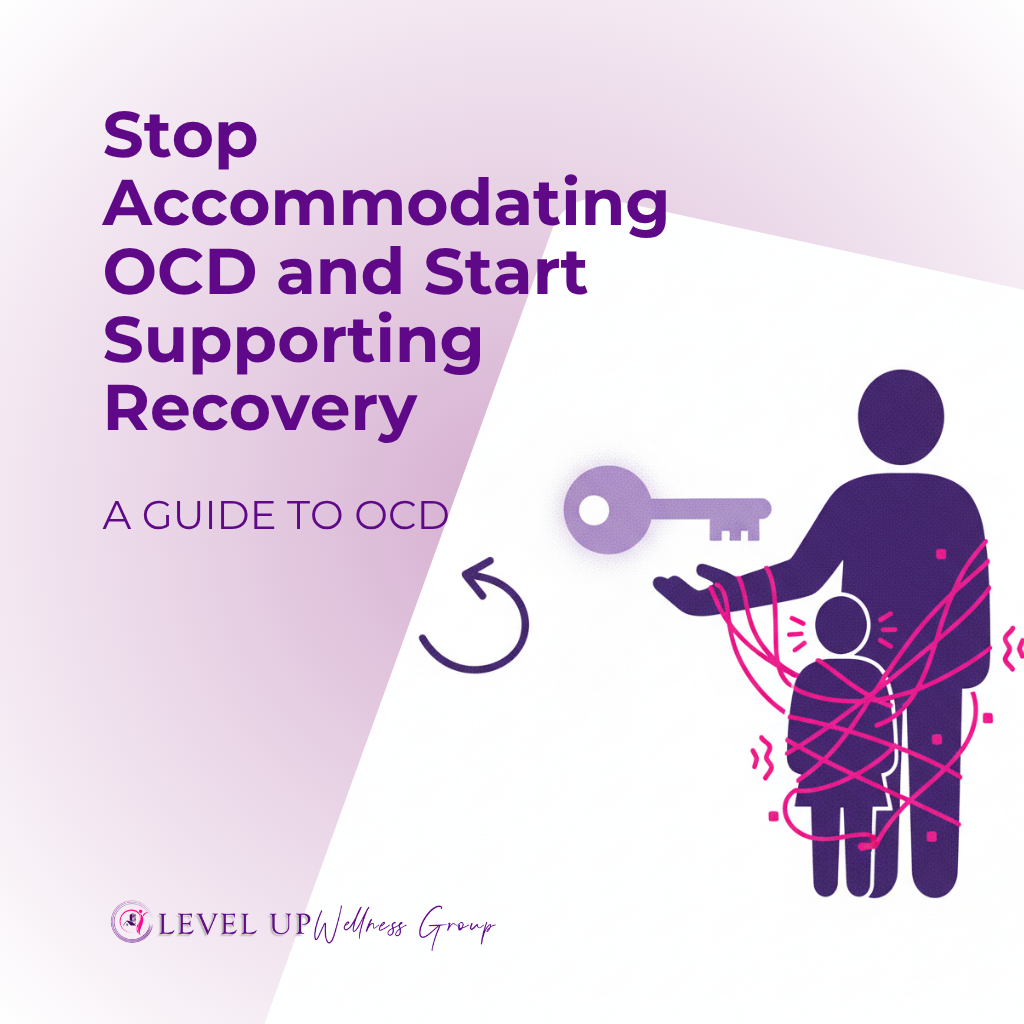
Managing family conflict effectively is essential for maintaining healthy relationships, strengthening family bonds, and fostering positive emotions. Whether dealing with minor conflicts or addressing deeper interpersonal issues, the right strategies can transform disputes into opportunities for growth and understanding.
Why Family Conflict Happens
Key Causes of Family Conflicts
1. Differences in Communication Styles
Interpersonal conflict often arises when family members have different ways of expressing themselves. Some may prefer open dialogue, while others avoid confrontation, leading to misunderstandings.
2. Generational or Sibling Rivalries
Sibling relationships can be tricky, with competition or jealousy leading to potential conflict. Generational gaps may also create differences in values or expectations.
3.External Stressors
Outside factors like work, school, or financial pressures can amplify family tensions. These external stressors make it harder to manage minor conflicts calmly.
4. Strong Emotions and Stress
Emotional outbursts often escalate disputes. When emotions run high, small disagreements can quickly spiral into larger issues.

For families dealing with recurring conflicts, resources like family counselling services can help address underlying issues and provide effective conflict resolution tools.
The Value of Conflict Management
Effective conflict resolution is more than just solving disputes—it’s about building a harmonious environment where family members feel supported and understood.
1. Fostering Positive Relationships
Resolving disagreements constructively strengthens bonds and helps prevent future conflicts. By focusing on shared values, families can create an atmosphere of mutual respect.
2. Teaching Life Skills
Managing family conflict provides an opportunity to model critical life skills for children. When children witness their parents navigating disagreements with empathy and calm, they learn how to handle interpersonal conflict themselves.
3. Promoting Emotional Well-Being
Addressing conflicts positively reduces stress and builds emotional resilience within the family. Professional support from LUWG’s family counselling can further enhance emotional well-being by equipping families with tailored strategies.
Proven Conflict Management Strategies
Integrating practical strategies can help parents create a harmonious parenting dynamic. Here are some actionable methods:
A. Communication-Based Approaches
- Active Listening
Effective communication begins with truly hearing what others have to say.
Tip: Reflect back what you’ve heard to ensure clarity.
Example: “It sounds like you’re upset because I didn’t consult you about the decision.”
- Using “I” Statements
Shift the focus from blame to personal feelings. Instead of: “You’re always ignoring me.”
Say: “I feel hurt when I don’t get your attention during important discussions.”
- Clarify and Specify
Avoid vague statements by addressing specific behaviors.
Example: “I’d like us to schedule time for family meals every week.”
These techniques can reduce tricky conversations and help resolve issues before they escalate. For families struggling to adopt healthy communication patterns, family counselling offers practical solutions.

B. Emotional Regulation Techniques
- Stay Calm During Disagreements
Strong emotions can overwhelm even minor conflicts. Practice mindfulness or deep breathing exercises to maintain composure.
- Take Breaks When Needed
If a conversation becomes heated, step away for a few moments to cool down before re-engaging.
- Practice Empathy
Understanding the other person’s perspective reduces the chances of escalation.
Tip: Ask open-ended questions like, “What can I do to make this situation better for you?”
To learn more about managing strong emotions within family dynamics, explore resources at LUWG’s family counseling page.
Family conflict resolution requires a combination of communication, emotional regulation, and mutual respect. Implementing these strategies can help families navigate challenging situations with empathy and create stronger, healthier relationships.
Successfully managing family conflicts requires applying actionable strategies while maintaining emotional balance and mutual respect. Building on the principles of communication and emotional regulation, this part explores solution-oriented approaches, the importance of teaching these skills to children, and the role of professional support when necessary.
Solution-Oriented Strategies
Finding common ground and collaborating to resolve family conflicts ensures all parties feel valued and respected. Below are practical approaches families can implement to achieve constructive resolutions.

Brainstorm Solutions Together
Family relationships thrive when all members contribute to solving problems. Encourage open discussion to identify potential solutions that benefit everyone.
Example: If siblings argue about shared spaces, involve them in setting rules for usage and cleaning responsibilities.
Focus on Common Ground
Instead of highlighting differences, emphasize shared goals and values. Whether it’s maintaining harmony or building positive relationships, identifying a unifying purpose can shift the dynamic from “me versus you” to “us versus the problem.”


Agree to Disagree When Necessary
Not all disagreements require complete resolution. Sometimes, family members must respect differing opinions without forcing agreement. Learning to “agree to disagree” teaches tolerance and promotes interpersonal conflict resolution.
For families facing persistent disputes, structured guidance from family counseling can help uncover deeper issues and create effective strategies.
Conflict Management for Children
Children often experience conflict differently than adults, and teaching them to handle disputes is a vital life skill. Helping children express their feelings and resolve minor conflicts fosters emotional intelligence and prepares them for future challenges.
Teach Emotional Vocabulary
Children sometimes struggle to articulate strong emotions, leading to frustration or outbursts. Teaching them terms like “upset,” “angry,” or “overwhelmed” equips them to communicate constructively.
Model Positive Conflict Resolution
Parents set the tone for family interactions. Demonstrating calm, respectful communication during tricky conversations shows children how to approach interpersonal conflicts effectively.
Role-Playing Scenarios
Practice conflict resolution through role-playing exercises. This method allows children to rehearse handling challenging situations in a safe, supportive environment.
Example: Simulate a disagreement over toys and coach them on finding a fair solution.
For further support in managing conflicts involving children, visit family counseling resources to access tailored guidance.

When to Seek Professional Help
Some family conflicts may require the intervention of a professional counselor to ensure resolution and long-term harmony.
When Is Counseling Necessary?
- Recurring Unresolved Disputes
If minor conflicts escalate frequently and disrupt daily life, seeking external support can help.
- Breakdowns in Communication
When family members stop communicating openly, professional intervention can provide tools to restore trust.
- Emotional or Physical Harm
Situations involving harm require immediate attention. Counselors can help families address these issues while maintaining safety.
Benefits of Family Counseling
Professional support offers a neutral environment to address interpersonal conflict and potential sources of tension. Counselors provide actionable strategies, help families rebuild trust, and teach practical ways to foster positive emotions.
Learn more about the benefits of professional guidance through LUWG’s family counseling services.
The Role of Self-Reflection in Parenting
Effective parenting starts with self-awareness. Parents need to reflect on their own actions and triggers to implement a discipline with compassion approach effectively.
- Recognize Personal Triggers
Parents often react based on their own upbringing or stress levels.
Example: If strict rules in your childhood caused resentment, reflect on how you can establish boundaries without being overly authoritarian.
- Model Emotional Regulation
Children learn emotional regulation by observing their parents.
Example: If you’re feeling overwhelmed, say, “I need a moment to calm down,” to show them how to manage stress constructively.
- Practice Mindfulness
Mindfulness techniques like meditation or journaling can help parents maintain composure.
For support in cultivating self-reflection, reach out to LUWG Family Counselling, which offers resources for authoritarian parents seeking to adopt a more balanced style.
Preventing Future Conflicts
The best way to handle family conflict is to prevent it from escalating in the first place. Proactive measures encourage open communication and promote healthier dynamics over time.
Encourage Regular Communication
Frequent discussions about concerns, feelings, and expectations create an environment of openness. Scheduling weekly family meetings can help identify and address potential issues early.
Build Emotional Intelligence
Encourage family members to reflect on their emotions and develop empathy. Emotional intelligence is a critical life skill that reduces interpersonal conflict and fosters stronger family relationships.
Celebrate Positive Interactions
Acknowledging moments of cooperation reinforces behaviors that reduce conflict. Celebrate small victories, like siblings working together on a task, to promote harmony.
Example: “I appreciate how you two resolved your disagreement over the TV schedule today.”
Access additional tools for preventing family disputes through LUWG’s counseling programs.





